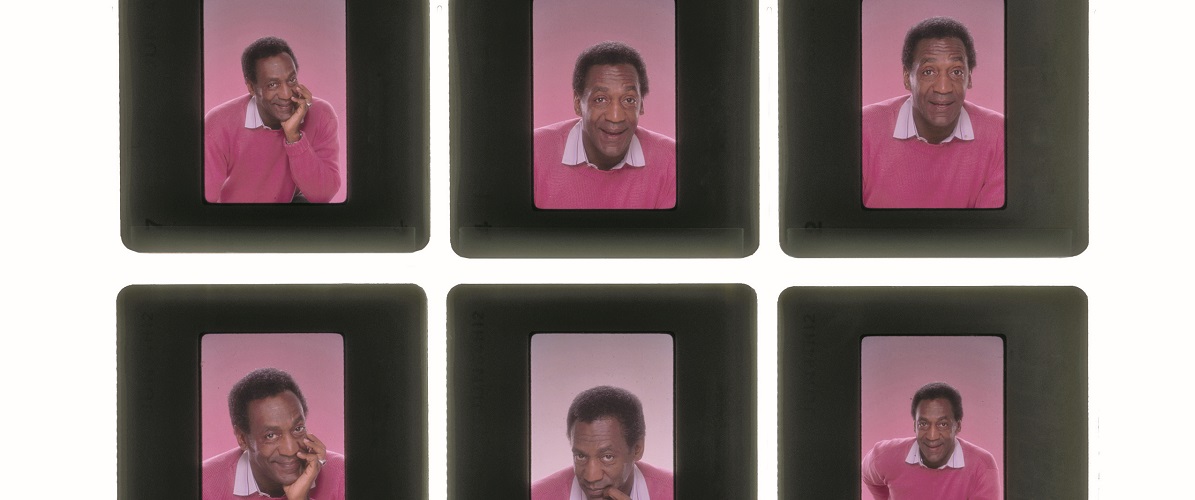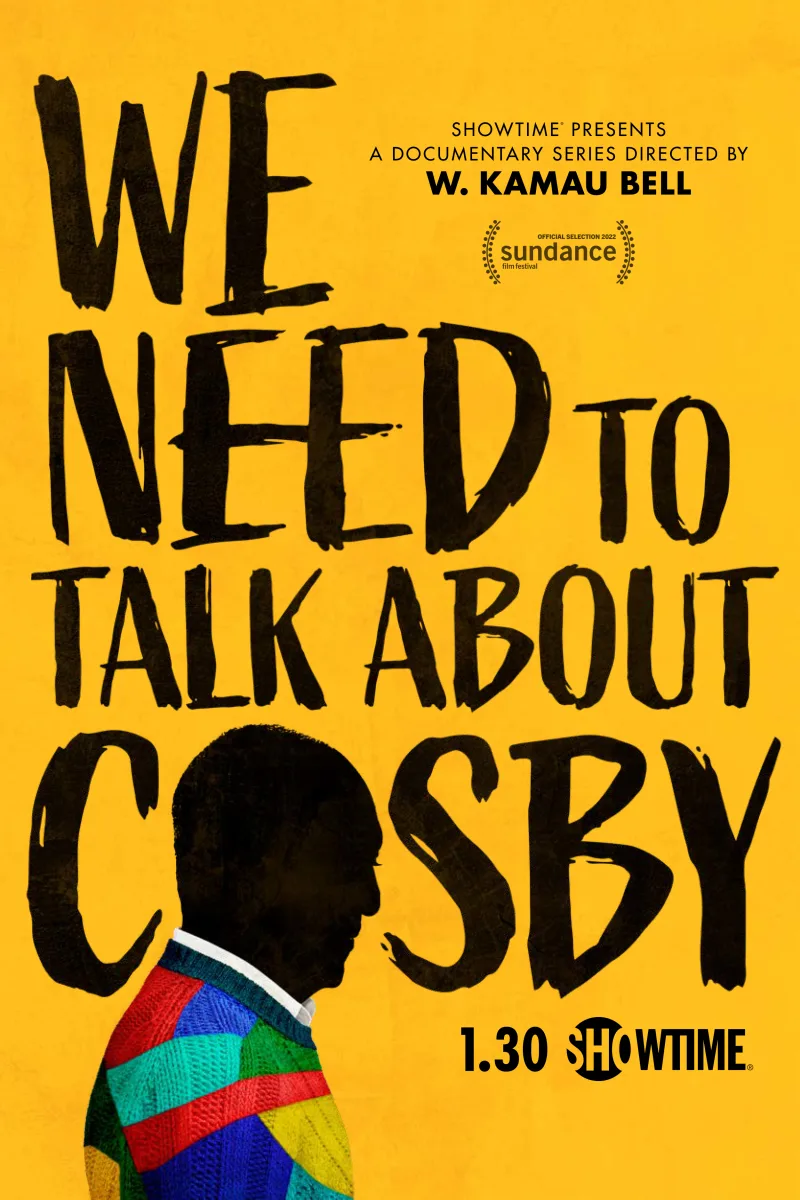Where do you start to talk about Bill Cosby? He was one of the most popular entertainment figures of the twentieth century, a man who reshaped the television landscape in a way that defined representation in comedy. He was also a violent, vicious predator who used his carefully constructed public image as a family man and respected pillar of the community to feed his vile urges. The conversation around Bill Cosby doesn’t just need to include both of these stories, it needs to recognize how they were inextricably connected—how Cosby’s public persona and popularity enabled him to commit horrific crimes outside of the public eye. And the conversation needs to include how commonly we refuse to recognize that what we see on TV or hear on a stage isn’t anywhere near the whole story when it comes to a person’s life. We thought we knew Bill Cosby because he so deftly turned his own life into stand-up and fiction, but we didn’t realize how much of it was a lie. The brilliant W. Kamau Bell tries to wrap his mind around all of this in the excellent four-part Showtime docuseries “We Need to Talk About Cosby,” which premiered at Sundance today before starting on the cable network next Sunday, January 30th.
Bell’s approach is smart in that he avoids much of the traditional chronological approach to true-crime series or bio-docs. One of his best decisions, and what really elevates the series, is how cleverly he eschews the “fall from grace” structure. Many stories like this chart the rise and fame of their subject before revealing the truth behind their public façade. Bell doesn’t do that. He knows there’s a shared international knowledge about why we’re here—what we need to talk about is more than just “I Spy” and hit comedy albums. And he also makes clear how evil Bill Cosby was from the very beginning. He wasn’t a superstar and then a criminal—he was always both at the same time and that’s what we’re here to discuss.
Bell assembles a fascinating collection of interview subjects, avoiding many of the familiar faces that one might expect to see in a documentary about a celebrity. I’d love to know exactly how Bell chose the voices that would participate in this conversation, but he is clearly a phenomenal interviewer. You can sense the comfort his subjects have with him, often using his first name like they’re talking to a friend. And he draws fascinating insight from brilliant people like Marc Lamont Hill, Jemele Hill, Jelani Cobb, and more, while also including a few thoughts from people who worked with Cosby like co-stars Doug E. Doug and the comedian Godfrey or a producer from “The Cosby Show”. How Cosby was enabled becomes a backdrop for the show, but Bell avoids pointing fingers in that department, in a manner that could be frustrating for some. The idea that “someone had to know” comes up, but it usually stops there without much resolution as to who and why they didn’t do anything about it, but Bell clearly wants to keep the focus on Cosby himself more than the entire broken system.
Of course, the most powerful voices on “We Need to Talk About Cosby” are those of his victims. And here’s where Bell truly shows his skill as a creator. Just as the show is feeling a bit too soundbite-driven in the premiere, the editing almost grinds to a halt, and we hear an unbroken testimony of an assault. Bell does this a few times in all four episodes, allowing Cosby’s victims the platform to tell their stories with few cuts, no score, and no clips. He becomes an ally by listening, which is what everyone needs to do more of now. We don’t just need to talk about Cosby, we need to hear about Cosby, and hearing what he did from the mouths of the people he did it to has incredible power.
One of the most interesting aspects of the Cosby story is how much people rose to defend him and some still continue to do so to this day, and I wish Bell would have dug into this a bit more but I’m happy he doesn’t avoid it. In the final episode, he gets to the issue of why the Black community so quickly defends their Black men against accusations—because of generations of false ones from the white community that would lynch Black men for a misconstrued slight—but he doesn’t spend long there, probably understandably avoiding criticizing the community for behavior that understandably emerges from the scars of history. However, there’s an implication that Cosby almost exploited this idea in his entire career, shaping himself as an educator and a moral authority in a way that would insulate him from accusations, that’s truly disturbing. He became America’s Dad because he knew it meant that we would come to his defense when the truth came out, and so that he could continue to commit his crimes. How did we let that happen? How do we make sure it doesn’t happen again? And, if it’s happening right now, as it probably is, how do we stop it? We need to talk about Cosby because talking about Cosby is talking about all of us. And only pain comes from silence.
Whole series screened for review. This review was filed from the virtual world premiere at the 2022 Sundance Film Festival.




















